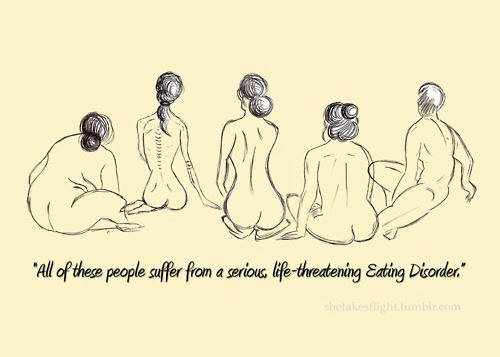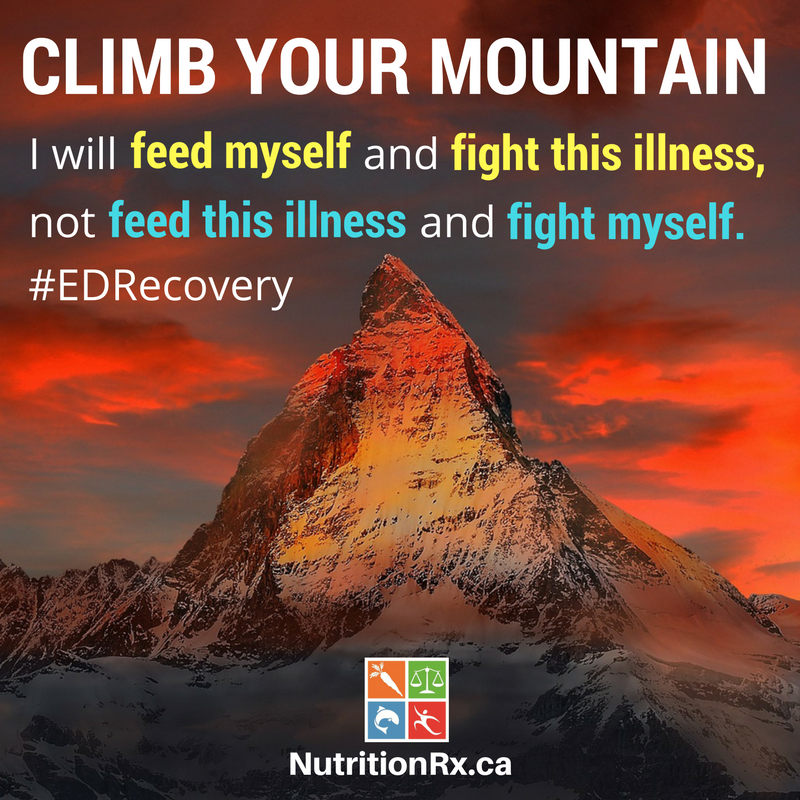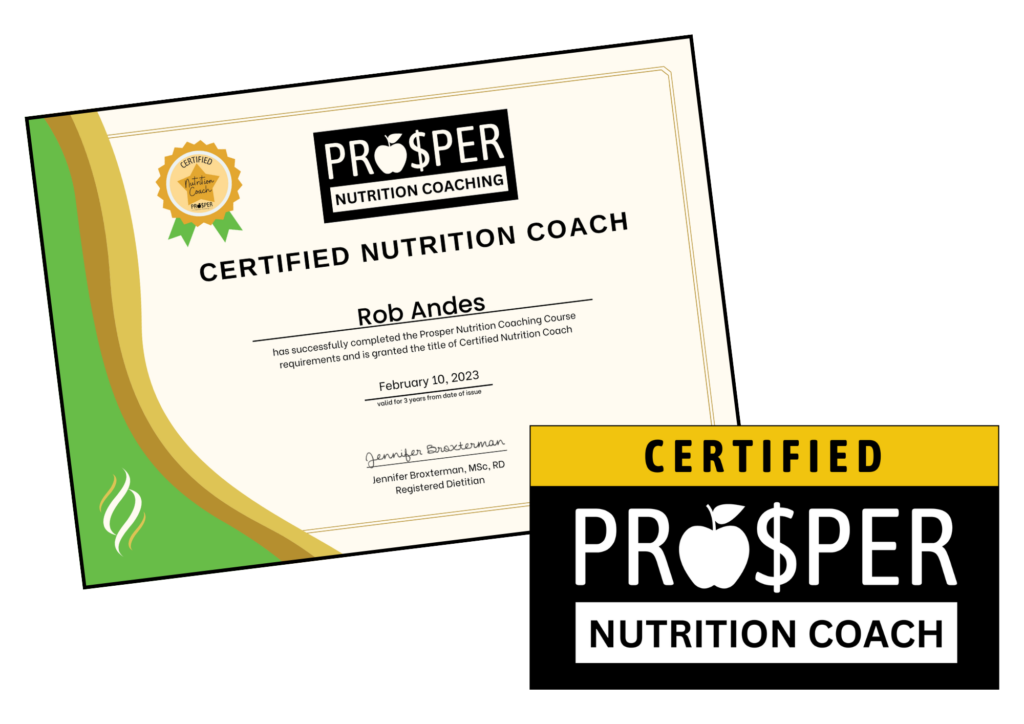

Eating Disorders Awareness Week
EATING DISORDER RECOVERY: A story about the beautiful, messy, and rewarding process of fighting mental health issues to get better.
With all of the social media posts about mental health and the fact that #EatingDisordersAwarenessWeek falls in February, I wanted to share this person’s story (while protecting their identity), to give hope and light to others in a similar situation.

***
Recently, I had one of the most AMAZING nutrition check-ins with a client who is fighting an eating disorder (ED), major depression, and severe anxiety, and is working so hard to turn things around for themselves. It was one of those appointments where I beamed with pride at how hard they were working, and that all of that effort was actually coming together to make a difference and change things for the better! Talk about #joblove and truly working to serve others to reach their highest potential. 🙂
This individual came to me feeling trapped and utterly defeated. They couldn’t get out of bed in the morning. They couldn’t face school, or work, or friends, or life. The ED, depression, and anxiety had sucked all of the joy and energy from their life.
Every eating decision was filled with fear, anxiety, regret, and shame. Restriction / self-starvation were the norm, followed by binging, purging, and more starving. The body-hatred and self-shaming lay thick and oppressing in the air, with an overall sense of hopelessness. 💔
{If you haven’t personally faced an eating disorder, it’s hard to empathize and understand exactly what someone is going through mentally and emotionally, but let me tell you that it’s a very rough ride and incredibly draining and all-consuming for the individual.}
At our first meeting we established a safe and welcoming space to talk openly about what had been going on in secret for so long, and coming face-to-face with the “ED monster” that controlled their life.
We started naming the dysfunctional and harmful thoughts as something separate from this person’s own mind, and instead pointed out that they came from the ED monster, and that it was not their fault that they heard and felt these things. We then created a voice for “HEALTHY THEM”, and made a dream list of all of the things this person wished they could do, but felt terrified and overwhelmed to even attempt (e.g. eat cookies without binging, go out for pizza with friends, eat cake on their birthday, eat carbs without feeling guilty, have a “normal” relationship with food, feel attractive in a bikini, etc.).

I was able to illustrate the starvation / binge cycle, and we talked through some of the physiological and psychological triggers for losing control, and what exactly this person could do to re-gain the upper hand and take control back in their eating decisions.
We spent a lot of time discussing #intuitive eating strategies, the importance of eating regularly, balancing out their meals and snacks, and some new food ideas to try (still within their comfort zone) to help them feel like they were making progress forward.
We also discussed many other options to provide additional support and increase their chances of success, such as working with a mental health therapist, taking medication if deemed appropriate, attending support groups, bringing back a healthy relationship with exercise, and practicing positive outlets for stress management.
As the appointment progressed, their face started to show a glimmer of hope, a tiny sparkle began to return to their eyes, and you could see their posture change as they sat up and committed out loud to the few small goals we set together in that first session.
Fast forward one month, and the person who walked into my office this past week was completely different from the individual who showed up scared, overwhelmed, and exhausted. They were bouncing with energy to tell me about everything they had tried in the last month. With great courage, they faced their ED monster head-on and listened to their HEALTHY THEM voice, and often made decisions that were in complete opposition of the ED voice they had listened to for years.
Their ED said not to buy cookies, so they went out and bought a box of cookies. 🍪
Their ED said that once they started to eat the cookies they purchased, that they could never buy them again, so this person decided to have just 2-3 of them to see what that felt like, and then instead of throwing out the rest, put the box of cookies back on the shelf and told themselves they could have some again tomorrow if they wanted. (and guess what, they didn’t binge!)
Their ED said to go to the gym and exercise for 2+ hours, even though they were sore, exhausted, and had an exam coming up, so they ignored the ED and went home to study and then get a good night’s sleep. 😴
Their ED said to not make any birthday plans with their friends since they were “too fat and disgusting” to go out, so they made birthday plans with their friends in spite of being bullied by the ED monster. 🍰🎉
The ED said to go back to intermittent fasting and self-restriction to lose weight, but HEALTHY THEM said to stick with the plan of eating every 3-4 hours and to trust the process, so that’s what they did.
Although there is still a lot of work to be done, what this one month experiment provided them with was the reassurance that if they started to trust and listen to their own HEALTHY VOICE (with a bit of healthy advice verified by a Registered Dietitian with experience in treating eating disorders), that not only would things be ok, but they would actually become significantly better.
They noticed their energy levels were higher than they’ve been for a long time!
They noticed that their mood was so much happier overall, and their anxiety was way less of an issue!
They noticed that their binging basically stopped, and their food and sugar cravings were significantly improved!
They noticed that they started to feel like they were gaining control around food, and not that food was always controlling them!
They noticed that they were starting to enjoy exercise again for the fun of it, instead of feeling like it was a punishment for eating!
They noticed that they were more social, and had an easier time making commitments with friends!
They noticed that food wasn’t on their mind 24/7, and that they could actually concentrate and think about other things for a change!
Overall, they noticed that they were feeling more like “their happy old self” (which is a beautiful thing to hear when you know someone has lived with an eating disorder in their mind for a long time).
So, although this nutrition check-up came with many happy updates, please don’t believe that ED recovery is as easy as that, or that our work is done. Some days can be great, and others can be awful. It’s often two steps forward, one step back (or two, or three, or four steps back, depending on the circumstances).
What I can tell you that EDs come in all different shapes, sizes, and formats, and the people who choose to face and ultimately fight their inner demons are very brave and determined individuals, because it’s definitely a battle to recover and get their minds and bodies back to a healthy place!
If you’ve made it this far and this issue speaks to your own rocky relationship with food, exercise, or body image or if you are reading this because you are concerned about someone you love, here are some important questions to ask if you’re concerned that the relationship you/he/she has with food is becoming dysfunctional and possibly self-harming:
1) Do you spend most of your day thinking about food and your body?
2) Do you avoid meals, restrict certain foods, binge eat, purge, or starve yourself after eating?
3) Do you feel guilty or out of control when eating?
4) Do you think that life will only be good if an ideal weight (or body shape/size) is achieved?
If you do feel like your relationship with food, weight, exercise, and/or body image has become dysfunctional, know that you’re not alone and that help is available. Working with a Registered Dietitian and mental health therapist (who specialize in treating eating disorders), as well as regular check-ins with a Physician is crucial, because battling an ED on your own can be a tough and over-whelming process.
If you feel like you need immediate help, please don’t ever hesitate to contact me at info@nutritionrx.ca and I would be happy to meet with you or a loved one, or point you in the right direction to get immediate help if I can’t be of service myself.
Wishing you health & happiness,
♡ Jen
Jennifer Broxterman, MSc, RD
Registered Dietitian
NutritionRx: happy, healthy living with our team of Registered Dietitians
Prosper Nutrition Coaching: a world-class nutrition coaching certification
+
+
+
Want to work with a NutritionRx Registered Dietitian?
Learn more here: Nutrition Packages & Rates
+
+
+
Want to become a Certified Nutrition Coach?
Learn more about our habits-based Prosper Nutrition Certification



